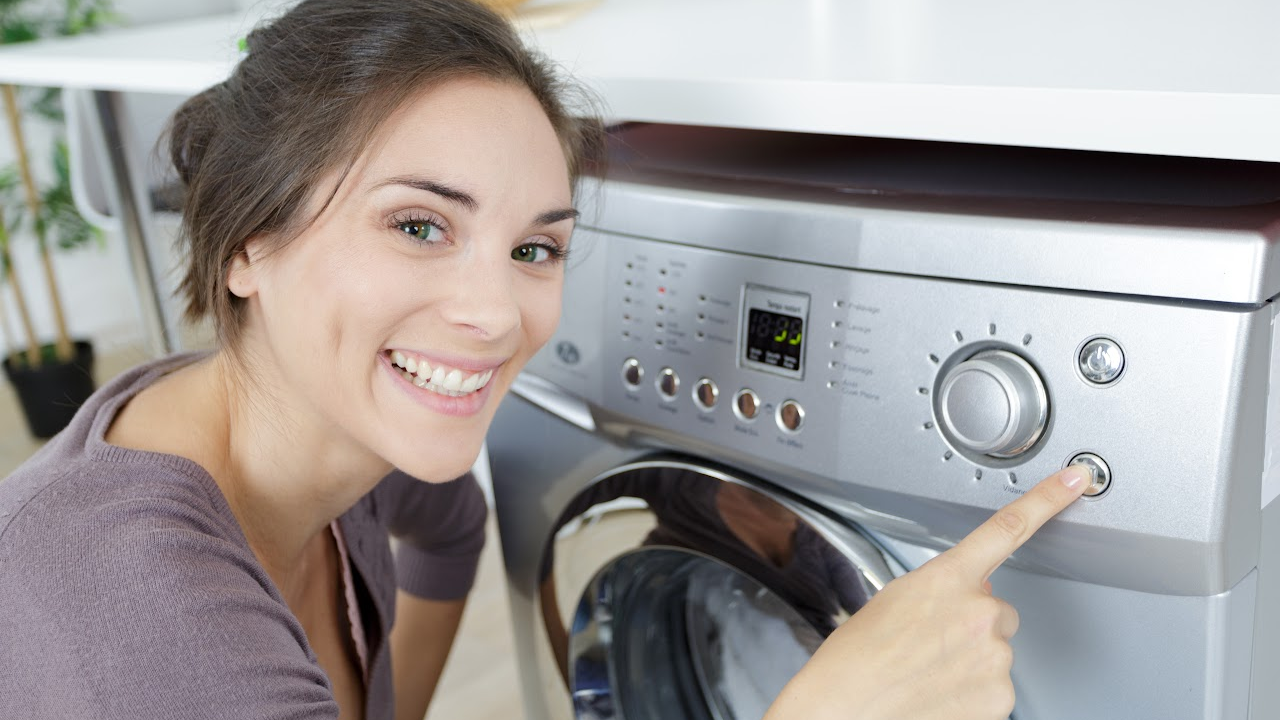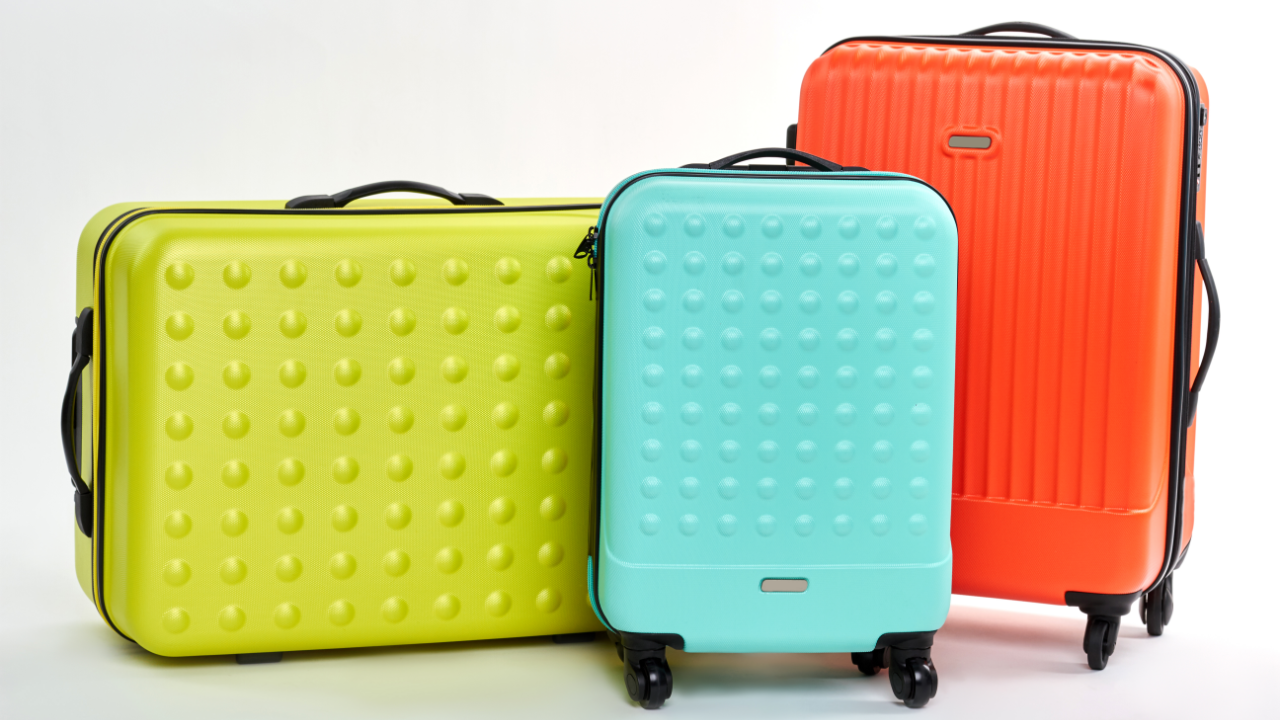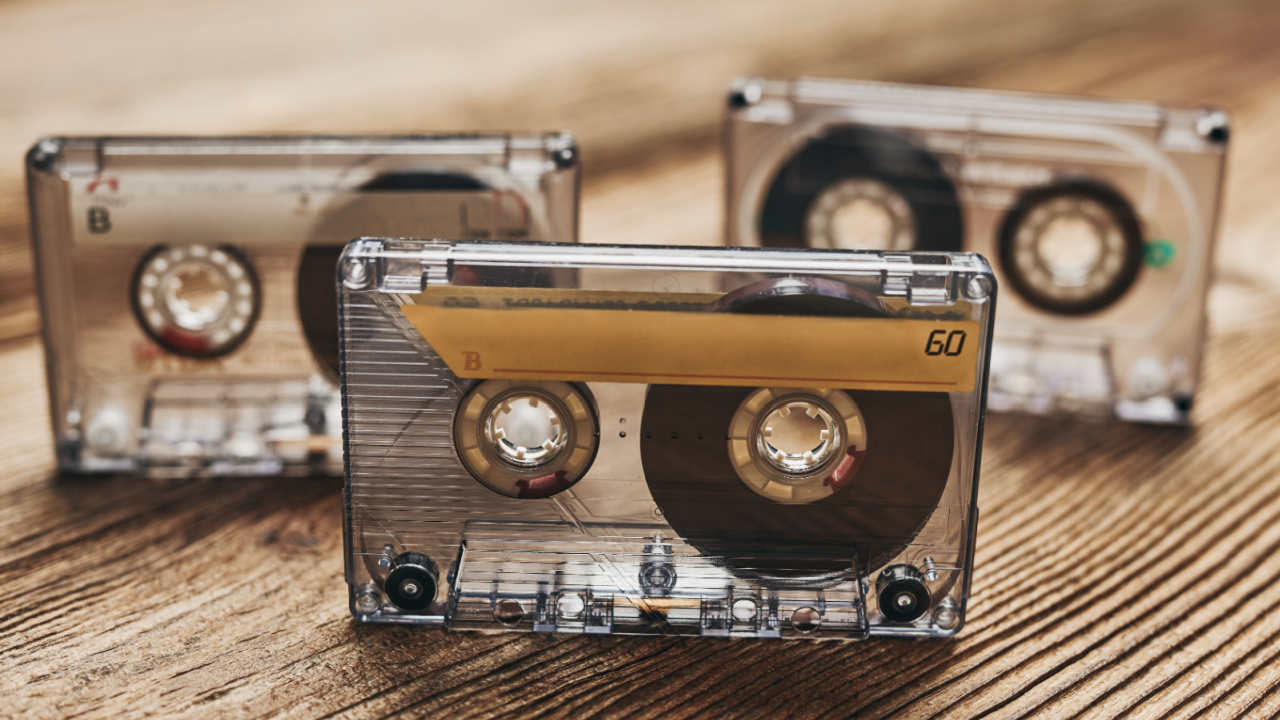Where to Find Cheap Suitcases in the UK When it comes to planning for your…
White Goods Grants: Get Help When Buying Fridges, Cookers, and Other Appliances
According to the Turn2Us organisation, over 2 million households (4.8 million people) in the UK currently live without essential household appliances like washing machines, fridges, and cookers. And the unfortunate reality of the situation is that things are only going to be getting worse, especially for households that are on lower income.
Fortunately, if you and your family aren’t in the financial position to spend a few hundred pounds on a brand-new household appliance, you don’t need to do that as there may be a handful of white good grants available to you (subject to eligibility).
In this comprehensive guide, we’re going to introduce you to a variety of white good grants that are currently available to the public, how to apply, and everything else you need to know about them. And If you’re not eligible for a white goods grant, we’ll also help you look at some other options that may be available to you.
Understanding White Goods Grants
Before we get into the specifics, let’s take a broader look at what white goods grants are and what they’re designed to do. That way, it will be much easier for you to find grants which you will be eligible for.
Essentially, a white goods grant is a program that gives people in low-income households financial assistance for purchasing white goods. Typically, white goods refer to a wide range of home appliances like refrigerators, cookers, washing machines, dryers, and more.
These goods are essential for most households, and they can make a huge difference in your quality of life. However, as most of us know, buying a new appliance is fairly expensive, especially in recent years. Even if new appliances are definitely worth the price and offer a lot of value, saving up the money to purchase one is a tough task, especially for low-income households.
That’s why numerous charities and organisations offer financial assistance to households in the form of white goods grants. That said, not everyone can qualify for a white goods grant and even if they did, it can take quite a long time.
Readily Available White Good Grants
One of the major hurdles for families and individuals in need of white goods grants is finding the organisations or agencies that offer them. It can be really difficult to find white goods grants that you may qualify for, as the information isn’t as readily available as you might think. This is why many people don’t even know that white goods grants exist, let alone find ones that they can apply for.
Currently, there are many organisations that offer white goods grants that could have a major impact on your life. Some of them are for specific appliances, while others offer general financial assistance for various white goods.
The Greggs Hardship Fund:
The Greggs Foundation’s Hardship Fund is pretty well known across the UK, as it’s there to assist families that were placed in difficult financial situations who need help with their bills and with the purchasing of white goods. Below, we’ll go over the type of appliance/item you can get and the maximum available grant for it as of June 2023.
- Cooker – Supplied directly by East Durham Partnership. Please note that installation is not included
- Washing Machine – Supplied directly by East Durham Partnership. Please note that installation is not included
- Fridge/Freezer – Supplied direct by East Durham Partnership
- Vented Tumble Dryer – Supplied directly by East Durham Partnership. Please note that installation is not included
- Beds – Supplied direct by Dreams
- Clothing Voucher – £50 maximum for an individual and up to a maximum of £150 for a family
- Supermarket Voucher (Food) – £50 maximum for an individual and up to a maximum of £100 for a family
- Utility Voucher – up to a maximum of £100 for prepay top up meters* (*excludes British Gas)
- Small Kitchen Appliance Voucher (Microwave/Air Fryer/Halogen Oven/ Slow Cooker)
E.ON Energy Fund:
The E.ON Group is one of Europe’s biggest energy network operators. During the last few years, they’ve set up their own fund to help its existing and past customers who are facing financial difficulties during these challenging times.
The fund funded by the E.ON Group provides replacements for household items such as washing machines, cookers, gas boilers, and fridges. Not only that, but they also help customers pay off their outstanding energy bills.
Though the E.ON Group are very generous, they prioritise applicants who are in the greatest need. An example would include individuals or families who have received financial advice from FCA-approved agencies.
As part of your application, the fund may ask you to provide supporting evidence such as benefit entitlements, medical confirmation and proof that you are or have been trying to pay your ongoing energy bills.
Glasspool Charity Trust:
The Glasspool Charity Trust is another great organisation in the UK that helps people in dire need with white goods, such as cookers, fridges and freezers, and washing machines. In case you’re disabled or have health problems, you may be eligible for washer-dryers or tumble-dryers too.
What makes this foundation unique compared to any of the others that we have and we will talk about is that they don’t have eligibility criteria, meaning anyone can apply. They only ask that you are a resident of the UK and that you request your grant through registered support workers.
British Gas Energy Trust:
British Gas, like most energy providers too have an organisation dedicated assisting individuals and multi-person households who are facing electricity and gas debts. Apart from offering support to British Gas customers, they extend their aid to users of other energy suppliers, aiming to alleviate their financial burdens and enable them to move forward without the weight of energy or fuel debt.
In addition to addressing energy bills, the British Gas Energy Trust also collaborates with local community organisations, providing grants for boiler repairs or replacements, promoting energy-efficient solutions, and offering assistance with implementing energy-saving appliances.
The Energy Fund:
As mentioned earlier, outdated appliances consume a lot of electricity and are fairly inefficient. If you regularly use one of these old appliances but can’t afford to upgrade just yet, you can apply for the energy fund. This is a fund for UK households looking to upgrade to more energy-efficient white goods but don’t have the finances to do so.
To qualify, you will have to be a low-income individual and be a customer of Green Star Energy, Scottish Power, or SSE White.
Additionally, these grants can also help you with energy debt and write it off for you if you qualify. If this grant is of interest and you believe you could qualify for it, feel free to search for more information about the grant and what documentation is necessary to apply.
Applying for a White Goods Grant Step-By-Step
Every grant for white goods has a different application process and has a unique set of requirements. Before sending your application, you have to research the specific application process for the grant to have the best chance of success. If you lack certain documents or don’t meet the qualifications, you may not get approved for the financial assistance. That said, here’s a quick look at the process of applying for a white goods grant to give you a better idea of what you can expect.
Find Grants You’re Eligible For:
The very first step in applying for a white goods grant is finding a grant that works for you and a grant that you’re also eligible for. For instance, if you’re an individual looking for assistance with the purchasing of a kitchen appliance, you’re unlikely to be successful if you apply for the Greggs Hardship Fund. This is because the Greggs Foundation have clearly stated that they prioritise families over individuals.
In other words, please make sure to read full T&Cs of each grant you come across and only apply for the ones that you are eligible for and have the highest chance of being approved for. As the process is generally quite lengthy, it could be a major waste of time to apply for grants that you have little to no chance in being successful for.
Gather the Necessary Documents:
Once you find a grant that you qualify for, the next step is gathering all the necessary documents for your application. Again, every grant will require a different set of documents and this step may take the most time.
However, it’s important to be diligent and gather all the documents necessary before sending your application. Even if you qualify, a single missing document can cause you to get rejected, so don’t take the risk of sending an incomplete application. That’s why it’s best to research eligible grants ahead of time to give you a lot of room to gather all the documents you need.
Send Your Application (Pay Attention to Deadlines)
Once you’ve gathered all the documents, the next step is sending your application. Most modern grants allow you to send your application digitally, however there are other charities that require you to send it in by mail.
Regardless of how you send your application, we recommend sending it well before the deadline. That way, you’re sure that your application will reach the right people before the cut-off point, giving you the highest chance of approval.
Tips for Writing a Good Application:
Nearly every white goods grant will require you to free-write a short text explaining why they should choose you over the next person in line. When writing this short text, it’s important to be as honest as possible.
Don’t lie or try to cheat the people who are reviewing your application. Chances are that they are very experienced and can tell if someone is telling the truth or has a malicious intent. With that out of the way, here are some handy tips that you should take into consideration when writing up the text for your application.
- Research the organisation and say something positive about it (they’ll appreciate your effort)
- Describe your financial situation in detail and don’t try to hide anything
- Explain why you need white goods and how it will improve your life
- Include any disabilities/health problems you may have (if you’re comfortable with doing so) as certain foundations prioritise those who are sick/disable and unable to work
- Use a polite tone and be respectful at all times
- Proofread and edit (no one likes to read an application that is done with little care in mind)
Maximising the Benefits of Your White Goods Grant
If you get approved for a white goods grant, it’s time to start thinking about how you can make the most of it. Here are a few crucial tips you need to keep in mind if you get approved for a white goods grant to truly maximise its impact on your quality of life.
Financial Planning:
To start, you’ve got to get your finances in order. Regardless of your income, you need to keep a tab on your finances and spend responsibly. So, even with the help of a white goods grant, you need to make sure that you distribute the extra money you have from the grant properly.
For example, the right grant can greatly lower your utility bills and also give you a bit more financial freedom. However, that doesn’t mean that you should use all that extra income on unnecessary expenses. While you can choose to spend your money however you please, it’s best to have a proper plan for your finances so that you don’t end up spending irresponsibly.
Go For Energy-Efficient Appliances:
Rather than giving you an appliance, most white goods grants give you the option to pick. This is done with the goal of letting you and/or your family to pick the appliance that has the performance and capacity to suit your needs and serve you well for the years to come. That said, one thing you need to ensure when you buy an appliance is to make sure that it’s as energy-efficient as possible.
Since most modern appliances use inverter technology, energy consumption is typically much lower. When you buy an appliance with low energy consumption, you’ll find yourself spending much less on utilities too, which is always welcome. While you might not notice the savings every month, an energy-efficient appliance will save you hundreds of not thousands of pounds over the years.
Conduct Proper Maintenance of the Appliances:
White goods grants are supposed to be a long-term form of assistance. This is because most appliances are built to last many years, which is why they are always considered good purchases. That said, improper use of the appliances and a lack of maintenance can lead to it breaking down in just a few years. This means you will have to buy a new appliance and you may not be able to find a white goods grant to help you this time around.
So, once you have the appliance, make sure that you use and maintain it properly. Every appliance has its own best maintenance practises that can vary depending on the brand and model. It’s very important that you read the manual and learn how to maintain the product and use it in the best possible way. When you do this, you can rest assured that the appliance will last you a very long time.
Challenges and Limitations of White Goods Grants
There’s no denying that white goods grants can have a positive impact on the lives of thousands of people across the UK. Despite that, however, there are still some challenges and limitations to the grants that reduce their impact.
This doesn’t mean you shouldn’t apply for the grants or that they shouldn’t exist. However, it’s always best to understand the limitations and challenges with different financial assistance programs before sending your application. That way, you have more realistic expectations of the process.
Limited Availability:
The first thing you need to know about the limitations of white goods grants is that they aren’t as available as you might think. And while many people will find themselves eligible for a grant, only a handful will be approved. This is mostly due to the fact that these charitable foundations don’t have unlimited funds.
This is why it’s important for you to send in the best possible application and provide all the necessary documentation. That way, you’ll have the best chance of being successful.
Long Waiting Periods:
Another thing you need to know about white goods grants is that the approval process can be fairly long. Once you’ve gathered all the documentation and have submitted your application, which can easily take a few weeks alone, it’s not unlikely that you’ll have to wait for weeks and in some cases months for a decision to be reached.
And even if you do get approved, the grant may take an additional few weeks to a few months to be deposited to your account. What this means is that even if you were to successfully get a grant for kitchen appliances, half a year may go by until you get the appliance or the money so you can actually buy one.
Alternatives to White Goods Grants
If you don’t want to go through the hassle of applying for a white goods grant or you are not eligible for one, there are some decent alternatives to white goods grants. These include:
Second-Hand White Goods:
If you browse eBay, the Facebook Marketplace, and other such platforms, you’ll find that there are many old white goods for sale near you. These appliances are mostly sold because their owner is upgrading and no longer needs them. And because they’re no longer wanted, their owner would typically be happy to let go of them for a fraction of their original cost. This allows families and individuals to buy appliances they need for their household without spending hundreds of pounds on brand new white goods.
Community Initiatives and Programs:
Your local community might have their own unique initiatives and programs to help you buy white goods. Again, this depends on where you live, but a quick internet search will be more than enough to find whether or not there are any community initiatives that offer white goods to low-income families.
Get White Goods for Free:
If you do a quick search on Google, you’ll come across groups and non-profit organisation that collect and give our working kitchen appliances to those in need completely for free. One such organisation is the Freecycle organisation, where people can donate their old appliances, which are then distributed to people who need them.
Another approach you can take is to post anonymously on a Facebook group that is created for helping people who need kitchen appliances but can’t afford them. It’s not embarrassing to do so, and the fact that you can do it anonymously means that you can provide all the information you need and tell everyone why they should help you out if they had the means to do so.
Conclusion
Not having the necessary white goods in your property can severely disrupt your quality of life. Sadly, this is an everyday experience for millions of people across the UK, which lack at least one essential kitchen appliance.
Fortunately, there are plenty of white goods grants that you can explore and apply to (if you’re eligible). And although these grants are not perfect, they still help thousands of people across the UK each year.
And if you aren’t eligible or don’t think you will get approved for a white goods grant, there are plenty of alternative routes you can take to get the appliance you need either for free or by spending a fraction of what it would cost if you buy it brand new.










